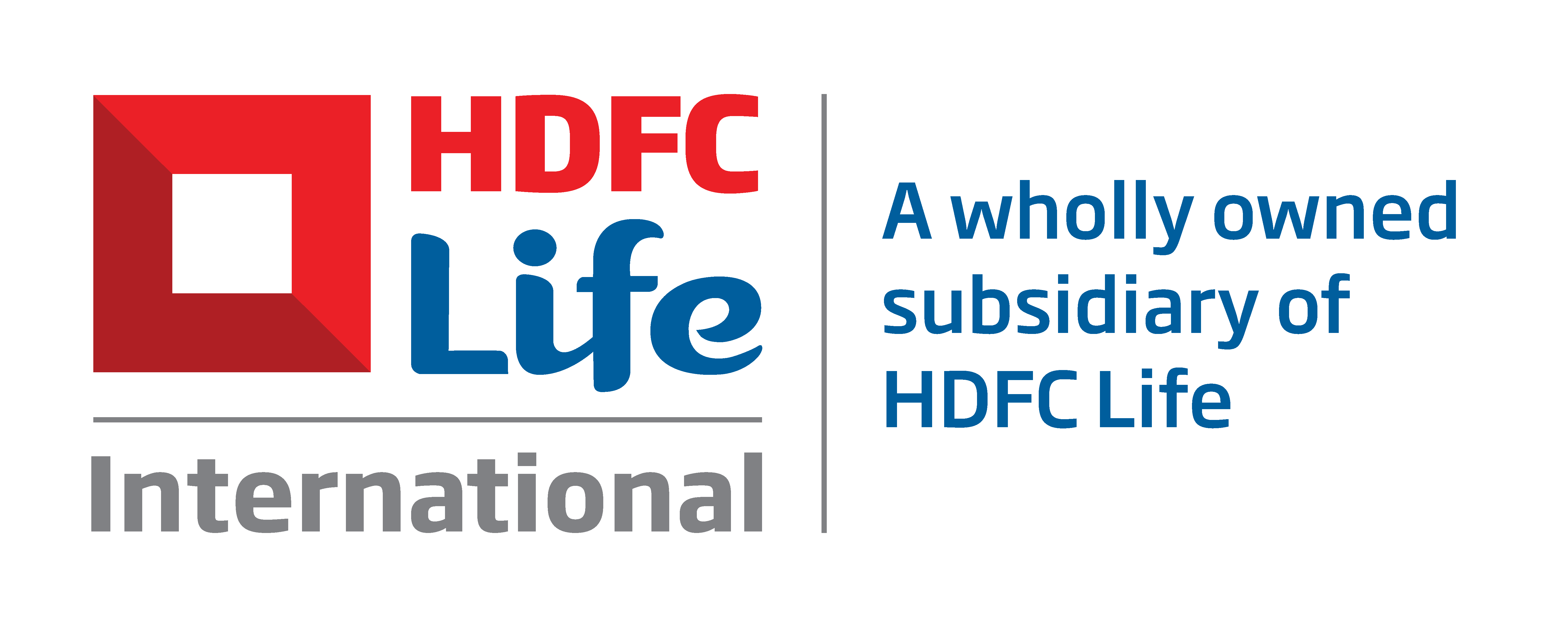The Global Advantage: Why an International Corpus is a Must-have for Parents

Higher education is not just a necessity today, it is a must-have on every parent’s list of requirements for their children. Without higher education, children may not have an edge over the competition in whatever they choose as their career. While previously, parents were satisfied with basic graduation for their children, now the world and the job market demand that post-graduation is undertaken, and this is the determinant of the success of any fresh candidate looking to begin a lucrative career.
Building a Corpus for Higher Education
The cost of education, whether elementary or higher, is increasing with each passing year. The cost of international education, anywhere outside India, is even more than within the country. While previously, education never figured in a parent’s mind as something crucial to building a corpus for, now it certainly does. This is probably one of the main reasons why some parents choose to raise fewer children. Education costs account for a large chunk of the income of any parent these days. When you become a parent, the first thing you probably think about, even before your child can talk and walk, is “which school will they attend?” While you may think of good schools early, you must start thinking of good colleges as well.
Yes, considering the reality of higher education does start early, and no matter what career path your child opts for in the future, you need to have a substantial corpus ready for when the moment of truth arrives. Saving money may be on your mind for your retirement, but an education corpus for children is of paramount importance. To do this, you have to begin saving and investing early in life, a little after you start earning an income.
Investment is the Key
In terms of an education plan, a parent has to save money, but also invest it in the appropriate investment avenues. What are these avenues? There are a plethora of investment instruments to invest in your child’s education, from specific plans to your own choices like mutual funds, SIPs, and fixed income instruments. Why should you start early investment? The answer is simple logic. When you start investing early, assuming that you are relatively young when you do so, you are able to invest for a longer period and as your income grows, so can your investment.
Furthermore, if you begin investing for your child (among other reasons), you can afford to take risks in investment as you are young and have a career ahead of you. Therefore, you may choose to invest in equity which comes with risk, but has the ability to give you high returns in the long term.
When you make a financial plan for the higher education of your child, you have to factor in several aspects of your financial portfolio. It is essential to segregate a child’s education corpus from any emergency fund you may also want to invest in, or a retirement corpus for yourself, for that matter. This is imperative so you do not end up spending on your child later on by eating into your own corpus for retirement.
Investment Options
A lot of Indians, and NRIs alike, look to international investment channels to invest these days. For example, Indians can take advantage of the value of the US dollar against the Rupee and invest in US stocks. The returns, when they come, are prone to be more substantial and this money can be reinvested for a child’s further education. If you are an NRI, you can consider a blend of Indian investments and foreign investments (in your country of residence and other global markets).
Although you must invest in a blend of investment instruments, simply to broaden your scope of diversification in your financial portfolio, you can easily allocate capital to a range of Indian and foreign investment instruments to hedge your risk. Geographical diversification helps you to mitigate risks and establish a truly international corpus for your children’s education. This is a surefire way to ensure that your child has options to select any good colleges wherever they want to pursue their education at a higher level.
From Good Schools to Good Colleges - Aspects to Consider
What are the things you should factor in while making a solid education plan for your child? Here are some things to take into account:
- Your strategy for asset allocation should be planned for a long-term horizon, and you should invest accordingly.
- Ideally, think of a diversified child education investment portfolio to grow a corpus. You should have a mix of fixed income instruments like FDs, a PPF account for your child, some investment in equity, some insurance cum investment plans, and plans which are solution-based by investing in mutual funds, etc.
- Get a life insurance policy for yourself, along with health insurance, as you wouldn’t want to face any emergency that disrupts your financial corpus for your child’s higher education. For instance, unforeseen emergencies come as a surprise and you may start dipping into a financial corpus being built for your child for a lack of funds.
- Inflation is a factor that most parents do not think of while investing in children. You have to consider that rates of education will rise in the future as inflation goes up - this is true for education anywhere in the world.
Be Investment-Educated
Insurance and investment go hand in hand when you think of building a corpus for your children. While you focus on investment to meet your child’s education needs, you need insurance plans to act as a safeguard against any uncertain circumstances like a death or a health crisis. Everything costs money today, from daily living to a child’s education.
However, you must, as a parent, plan your finances far in advance and see that your child gets the education they deserve, as this is the least you can do to secure a child’s financial independence in the future. Commodities can be taken away, but education remains with you for life.
Sources:
Author
Editorial Team of HDFC Life International
Disclaimer:
The information provided in this blog is intended for general informational purposes only. HDFC International Life and Re Company Limited, is committed to delivering accurate and up-to-date content, but we do not guarantee the completeness or accuracy of the information. The content on this blog is not meant as professional advice and should not be considered a substitute for consulting with a qualified expert in the field of insurance or financial planning and advisory matters. Decisions based on the information in this article are solely at the reader's discretion.
We may occasionally include external links to third-party websites for additional information. HDFC International Life and Re Company Limited does not endorse or have any control over the content of these external websites and is not responsible for their accuracy, reliability, or compliance with legal regulations. While we strive to offer valuable insights and guidance, the information in this blog is subject to change without notice, and we make no representations or warranties of any kind, express or implied, about the accuracy, reliability, suitability, or availability of the information provided.
By using this blog, you agree that HDFC International Life and Re Company Limited and its authors will not be held liable for any direct, indirect, or consequential damages arising from the use of the information contained here. We recommend consulting with a qualified professional for specific advice related to your unique situation.
Recommended blogs

Stay in touch
Subscribe to our newsletter and stay updated.
Related posts
HDFC International Life and Re Company Limited, IFSC Branch
FCRN: F06803 & IFSCA Registration No.: IFSCA/IIO/006/2022-23(Regulated by the IFSCA)
Registered Branch Office and Address for Correspondence: Office No. 213, Hiranandani Signature, Second Floor, Block 13B, Zone - 1, GIFT SEZ, Gift City, IFSC, Gandhinagar, Gujarat, India - 382050.
The registered marks including the name/letters "HDFC" in the name/logo of the Company/branch belongs to HDFC Bank Limited ("HDFC Bank") and the name/letters "HDFC Life" is used by HDFC Life Insurance Company Limited ("HDFC Life") and its subsidiary, HDFC International Life and Re Company Limited under a licence/agreement between HDFC Bank and HDFC Life.
For more details on risk factors, associated terms and conditions and exclusions please read sales brochure carefully before concluding a sale.
PLEASE EXERCISE CAUTION REGARDING DECEPTIVE PHONE CALLS AND FRAUDULENT OFFERS.


